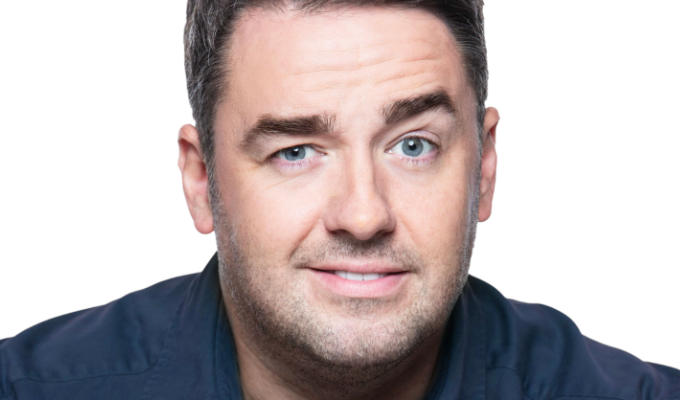Remembering Ronnie Barker, by Richard Webber
Book review by Steve Bennett
On one episode of the Frost Report – the Sixties TV show that first brought Ronnie Barker together with Ronnie Corbett – David Frost signed off with a weak gag that drew no response from the studio audience.
‘Probably not the joke to finish with,’ he quipped, trying to make the best of it. And as the cast left the studio, Barker muttered in a loud stage whisper: ‘Not the bloody joke to start with…’
This incident – described in Remembering Ronnie Barker – offers a glimpse that the usually avuncular performer concealed a steelier side that did not suffer fools gladly. Those who worked with him largely recall him with phrases like ‘an absolute joy’, his consummate professionalism often manifested itself in stubbornness and control-freakery, as he took intense interest in every aspect of his shows, sometimes to the chagrin of those whose toes he was stepping on.
His instincts, of course, were so often spot-on that he was usually forgiven, especially as he dealt with all his colleagues with immaculate charm. But the grumblings of dissent, particularly among Two Ronnies writers who thought their submissions were too often overlooked at the expense of contributions from one Gerald Wiley, Barker’s pseudonym, adds a little more sense of the real man behind the characters he so convincingly played.
For although an exemplary comic actor, Barker was much less happy appearing as himself. Before one live appearance at the London Palladium, he admitted his nerves to Corbett. ‘Be someone else,’ his comedy partner suggested. ‘Be a character called Ronnie Barker’. And it worked.
Biographer Richard Webber has only limited success in looking beyond that ‘character’, however, and into the real Barker – especially in his early years. There’s no doubt he has done his research to the 200-plus plays Barker appeared in during his time in rep and breaking into the London stage, but it is mostly of the dry newspaper cutting variety.
Page after page of the early chapters follow the format of listing forgotten plays, summarising them, and quoting newspaper reviews of the time, not always of Barker’s performance. You’ll no doubt be eager to learn that The Southend Times And Recorder thought that Harry Littlewood was well-cast as Wally in the 1955 play Hot Water.
In contrast with such meticulous detail on minor parts of Barker’s life, The Navy Lark, the radio series that exposed him to a national audience, warrants barely four pages. Well, it only ran for 18 years and 244 episodes, so probably not much to tell here.
The tone of the book is largely affectionate, and with a legacy that includes not only the Two Ronnies and his word-mangling monologues, but the gold standard in sitcoms, Porridge, and the fondly remembered Open All Hours, Webber has a lot to gush about.
But he also hints at Barker’s fondness for the lecherous-old-man seaside-postcard type of humour, even when it was falling out of fashion. Barker was especially upset when Not The Nine O’Clock News savaged them with their vicious Two Ninnies parody, thinking the BBC should never have allowed the upstarts to mock one of their biggest shows.
In later years, Barker did seem to lose his Midas touch, with relative flops such as the critically panned sitcom The Magnificent Evans, in which he played a Welsh photographer; Clarence, about a short-sighted removals man; and By The Sea, a disastrous near-silent film condemned as self-indulgent.
Webber covers these professional setbacks, but not any personal ones. His son Adam fleeing the country following his arrest on alleged paedophile charges gets barely a sentence; though the impact on Baker’s life must have been devastating. But it’s not that kind of a book.
Rather like its subject, this book is sober, thorough and professional; but lacks much feel for the man behind the thick-framed spectacles.
Published: 3 Nov 2010






